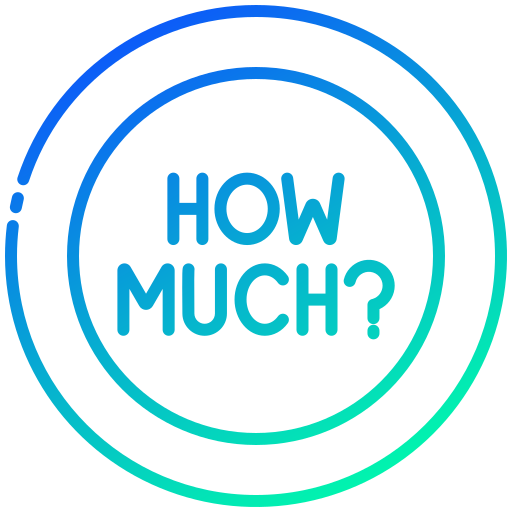How Much Is The iPhone 14 Cost
In a Nutshell
Understanding the cost of the iPhone 14 is crucial for tech enthusiasts and potential buyers alike. Here are the Top Takeaways from our detailed analysis:
– Get the latest iPhone 14 pricing for different variants.
– Compare prices across leading retailers.
– Explore financing and trade-in options.
– Stay informed about discounts and deals.
– Learn about additional expenses like accessories and warranties.
Table of Contents
- Price Variations of the iPhone 14
- Comparison Across Major Retailers
- Financing and Trade-In Options
- Discounts and Deals
- Additional Costs to Consider
- FAQ
Price Variations of the iPhone 14
The iPhone 14 comes with various options that influence its price. The iPhone 14 offers different models and storage options that alter the pricing.
- Base Model: The starting price is typically around $799.
- Mid-Range Model: Prices hover between $899 to $999 depending on storage.
- Pro Models: These can range from $999 to $1,299.
- Pro Max Models: Prepare to spend from $1,099 upwards, depending on the storage choices.
For more detailed insights on pricing, head over to How Much Is.
Comparison Across Major Retailers
Prices can vary significantly across different sellers. Having a clear understanding of these differences is essential for making cost-effective choices.
- Apple Store: Offers the standard retail prices but often includes trade-in discounts.
- Best Buy: Provides deals with carrier contracts, sometimes offering instant discounts.
- Amazon: Frequently offers competitive pricing with occasional bundled deals.
- Carrier Stores (e.g., AT&T, Verizon): You might find installment plans that help spread the cost.
You can compare prices via official links to these retailers, ensuring you get the best value for your purchase.
Financing and Trade-In Options
Financing can make buying the iPhone 14 more manageable. Many vendors and carriers provide various financing options.
- Apple Installment Plans: Spread the cost over 12-24 months with zero interest.
- Carrier Plans: Often bundled with service contracts, offering monthly payment plans.
- Trade-In Credits: Reduce your out-of-pocket cost by trading in an older device, which can sometimes save several hundred dollars.
Learn more about trade-in values and financing options at How Much Is.
Discounts and Deals
There are numerous opportunities to save on the iPhone 14. Timing and method of purchase can lead to significant savings.
- Holiday Sales: Black Friday, Cyber Monday, and other holidays can bring substantial discounts.
- Educator and Student Discounts: Often offered by both Apple and certain retailers.
- Refurbished Units: Buying certified pre-owned devices from Apple can save upward of $200.
Stay updated on current deals by regularly checking electronics retailers’ websites and their promotions.
Additional Costs to Consider
When purchasing a new iPhone 14, it’s important to account for additional expenses.
- Accessories: Cases, chargers, and other peripherals can add up.
- AppleCare+: Protect your investment with extended warranties.
- Insurance: Third-party insurance, if applicable, for accidental damage coverage.
For a more comprehensive breakdown, consult the extensive details on additional costs associated with new tech purchases.
FAQ
Have more questions about the iPhone 14 costs? Here are some common FAQs:
- How much is the iPhone 14’s most basic model?
- The starting price is typically around $799.
- Can prices be expected to change after the initial release?
- Yes, prices often drop when a new model is announced or released.
- Are there any advantages to buying directly from Apple?
- Buying directly often provides benefits like trade-in options and installment plans.
- How does the cost differ for unlocked vs. carrier-specific models?
- Unlocked models usually cost more upfront but offer flexibility with carriers.
- What extra costs might I incur with an iPhone 14 purchase?
- Consider the costs of accessories, warranties, and potential insurance fees.
For the most recent pricing updates, always refer to authoritative tech websites such as CNET and TechCrunch.

Leave a Reply